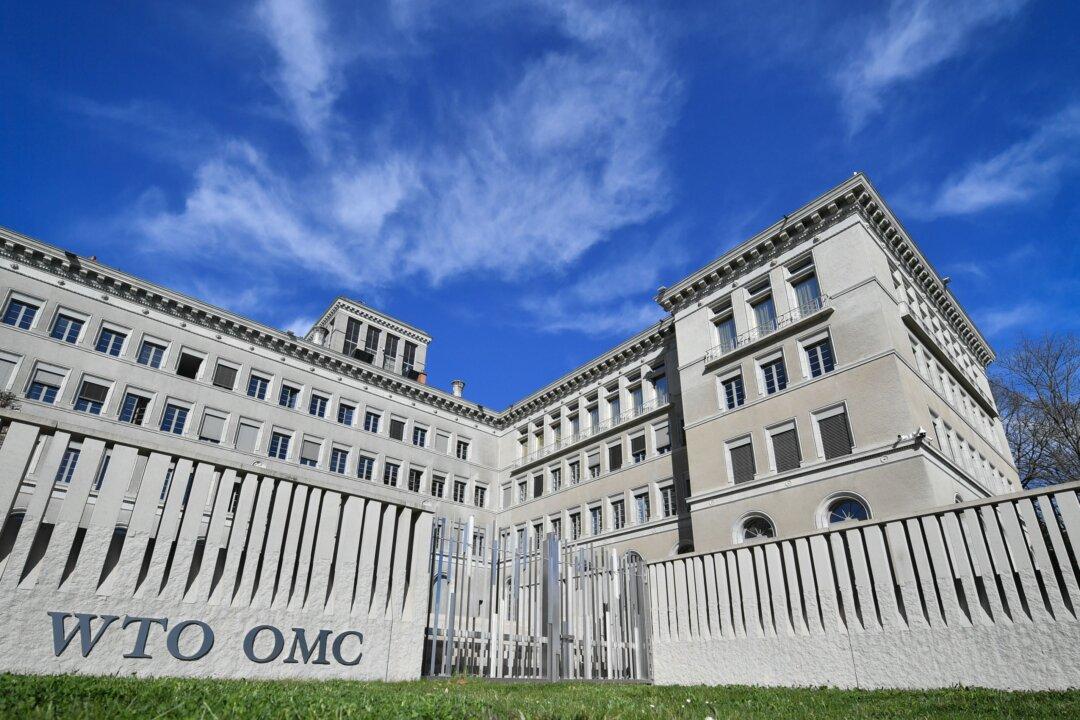News Analysis
When President Trump ended the 24-year-old World Trade Organization (WTO) dispute resolution court by refusing to name two replacement judges, the move has launched a new era of fair trade.

When President Trump ended the 24-year-old World Trade Organization (WTO) dispute resolution court by refusing to name two replacement judges, the move has launched a new era of fair trade.